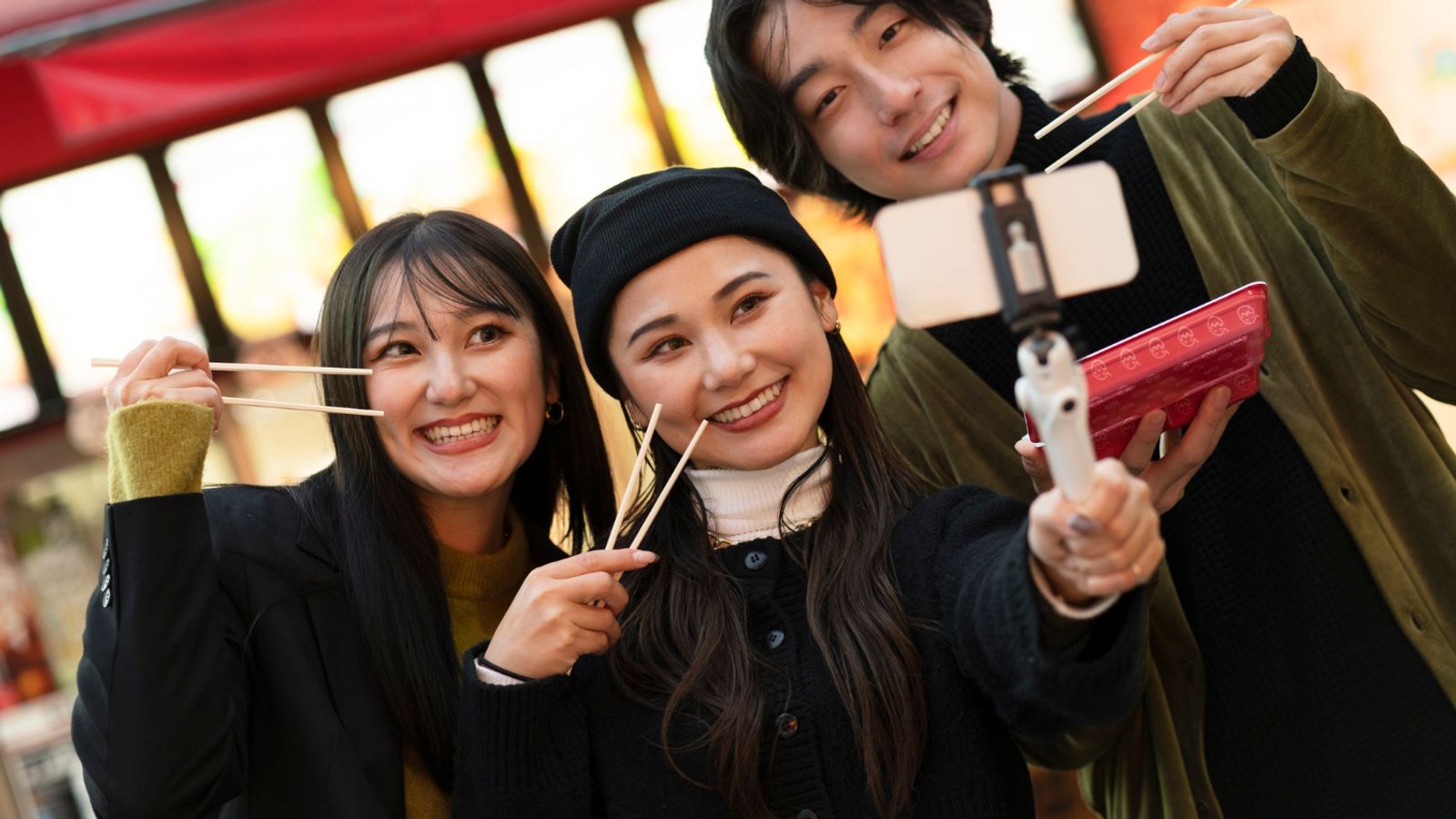

Table of contents:
As a 20-year resident of Japan, I can guarantee that making Japanese friends in Japan is harder than you think. The fact is that forming close friendships with Japanese people so not easy for foreigners living in Japan.
I understand that this statement might upset a few people. But Japanese culture is vastly different from Western culture. And because of fundamental cultural differences, making close relationships with Japanese people is hard.
1. Why Making Friends in Japan is Challenging for Foreigners
You might be planning a new life in Japan, and therefore you are excited about making new friends. But seen many foreigners in Japan become isolated and lonely in both their social life or at work. It's very common! In Japan, you have to navigate unspoken social rules, overcome language barriers, and understand the cultural nuances.
I used to get very frustrated with Japanese people when organizing social plans. They seemed interested in joining me and my friends, but then they socially withdrew. Or worse, they would back out of plans. I really didn't understand the social behavior or motives of Japanese people. But after a while, I started to make sense of it.
I don't want you to struggle with your life in Japan. So, I have detailed five steps that can help you to better understand how to make friends with Japanese people. Give it a try!

2. Step 1: Understanding Japanese Social Circles: The Uchi-Soto System
2.1. The Uchi-Soto Concept: Japanese In-Group and Out-Group
In Japan, social interactions are influenced by the uchi-soto concept. This is the difference between social insiders (uchi) and social outsiders (soto).
This means that:
- Japanese people do not accept new people easily.
- Most Japanese people will keep you at distance until they feel comfortable around you.
- Japanese people keep very small social circles.
I have personally experienced this for myself. Japanese people around me have taken up to a year to feel comfortable enough to finally approach me. Also, I have known foreign workers who have been completely left out of coworker social gatherings for many months.
Understanding the Japanese group dynamic is important because it will help you to understand where you stand when you first meet people.
But how do you go from the 'outside' to the 'inside' of the friendship circle? To do that, you need to understand the importance of Japanese group harmony.
2.2. Importance of Group Harmony in Japanese Friendships
Japanese group harmony, known as wa (和), is a cornerstone of Japanese culture. In fact, a lot of Japanese behavior is shaped by the central idea of preserving group harmony.
Japanese society values the following:
- group cooperation
- respect for the group
- avoidance of direct confrontation to preserve social order.
Foreigners are not always welcomed into groups of Japanese people. In fact, the presence of foreigners can be seen by many Japanese people as disturbing the balance of group harmony.
This can also happen in the workplace. In cases when Japanese people do react in this way, they can become resentful of the person who caused the social disturbance.
2.3. Practical Ways to Make Friends in Japan
Don't let the idea of group harmony worry you too much. There are practical ways to help you become a member of a group and let people get used to you. Do things like:
- Attend local social gatherings.
- Join group activities.
- Participate in community events.
This can help you observe and learn about the importance of group harmony. When making friends in Japan, it's important to be mindful of these cultural norms and adapt your communication style accordingly.

Popular Articles

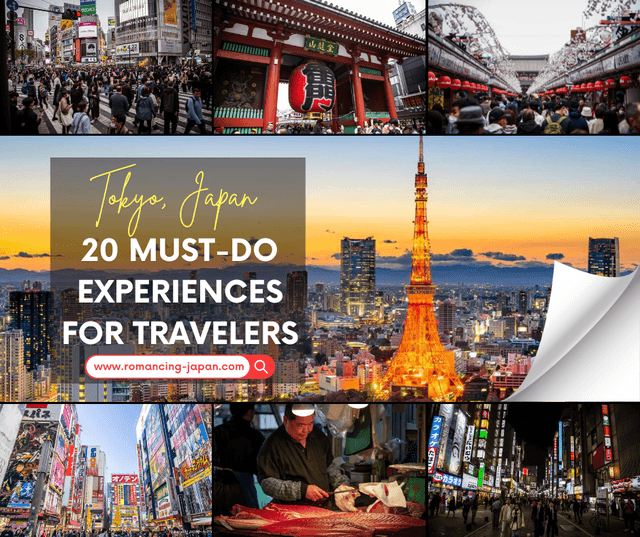
Tokyo Favorites: 20 Must-Do Experiences for Travelers
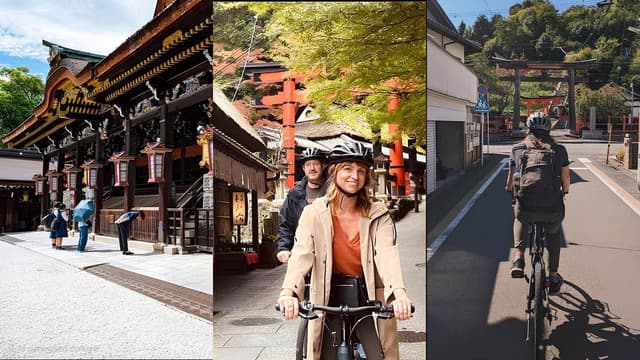
Kyoto Bike Tours: Discover the City’s Hidden Gems with Noru
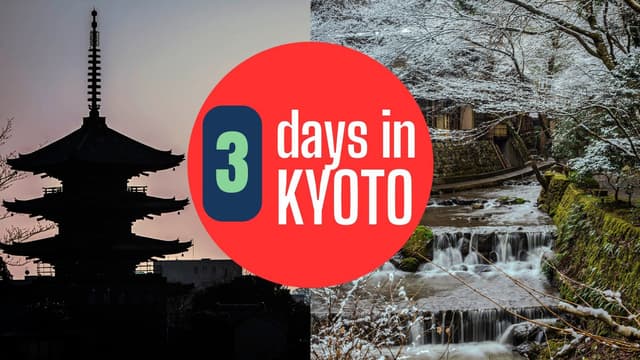
Kyoto 3-Day Itinerary: Best Things to Do for First-Time Visitors

Universal Studios Japan Tickets: Your Guide to Visiting USJ
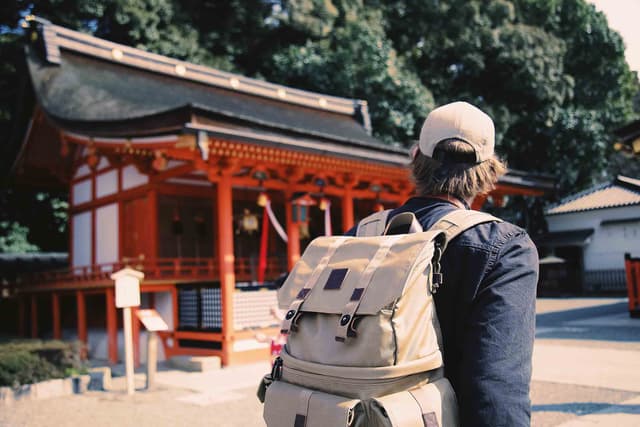
Find Out What Japan Really Thinks of Foreign Tourists

Manga Explained: Top Recommendations for Beginners
3. Step 2: Overcoming the Japanese Language Barrier
The best and longest friendships I have made in Japan is thanks to my Japanese language ability. Showing people that you can speak local dialects or understand cultural nuance can go a long way with personal trust.
3.1. Benefits of Learning Japanese for Social Connections
Language barriers can be a significant obstacle when making friends in Japan. Some Japanese people will avoid foreigners out of fear that they will have to speak English with them, which they often lack confidence.
Therefore, if you want to improve your chances of connecting with locals, learning Japanese language can greatly enhance your ability to connect with locals. Even learning basic phrases shows your interest in the culture and can facilitate friendships.
Local Insight:
Don't let the fear of making mistakes hold you back. Embrace the learning process and be open to practicing your Japanese with others.
Check out this video to hear the opinions about making friends from Japanese people.
3.2. Using Language Exchange Apps to Make Japanese Friends Online
One way to improve your language skills and meet people is through language exchange apps. Popular apps include:
These platforms connect you with native speakers for language practice and cultural exchange. This one might seem a little weird. But when you are struggling to find someone to help you with your spoken Japanese, this might help.
3.3. Tips for Successful Language Exchanges in Japan
- Be Proactive: Reach out to potential language partners and set up regular meeting times.
- Set Clear Goals: Discuss your language learning objectives and expectations.
- Be Respectful: Honor your partner's time and culture.
- Balance the Exchange: Ensure both parties have opportunities to practice their target language.
- Start with the Basics: Start by learning and using basic Japanese phrases.
- Ask for Advice: I used to ask Japanese people all the time to help explain when is best to use a new phrase that you've learnt... I still do this!

4. Step 3: Breaking Out of the Gaijin Bubble
4.1. What Is the Gaijin Bubble?
When you first get to Japan, you will find that it is much easier to make foreign friends. After a while, you realize that you only have foreign friends! This is the "gaijin bubble". It is the social circle where foreigners living in Japan interact mostly with each other and have only limited engagement with the local Japanese culture.
Being part of the gaijin bubble is not necessarily a bad thing. It can provide support, comfort, and familiarity while you are finding your feet in Japan. However, it may cut down your chances of cultural integration and limit opportunities for meaningful connections with locals.
4.2. Pros and Cons of the Gaijin Bubble for Expats
Pros:
- Provides a support network of like-minded individuals.
- Helps you cope with homesickness and culture shock.
Cons:
- Limits cultural experiences and personal growth.
- Reduces opportunities to practice Japanese language skills.
- Hinders forming deep connections with locals.
4.3. How to Break Out of the Gaijin Bubble
- Study Japanese: Improving your language skills opens doors to better communication.
- Join Local Clubs: Participate in hobby groups or sports clubs based on your interests.
- Attend Community Events: Engage in local festivals and gatherings.
- Make an Effort: Be proactive in interacting with locals and stepping out of your comfort zone.
5. Step 4: Joining Social Groups to Make Japanese Friends
4.1. Meetup Groups and Events in Japan
Meetup.com is a popular platform for finding social gatherings in Japan. You can join groups focused on:
- Language Exchange
- Hiking
- Photography
- Board Games
Attending these meetups allows you to meet people from diverse backgrounds, including both expats and locals. I've used meetup in the past to help me make new connections with people outside my immediate social circle.
5.2. Joining Sports Clubs and Hobby Classes
Engaging in sports or hobbies is a great way to connect with people who share your interests. Consider joining:
- Sports Clubs: Soccer teams, basketball leagues, tennis groups.
- Hobby Classes: Cooking, painting, martial arts.
Shared activities provide a relaxed setting to build friendships.
5.3. Volunteering in Japan to Connect with Others
Volunteering offers a rewarding way to give back to the community and meet others. Organizations like Second Harvest Japan or TELL Japan offer opportunities to work alongside people who share your values.

6. Step 5: Making Friends Through Work and School in Japan
6.1. Building Friendships at Language Schools
Language schools provide an immersive environment to meet fellow students learning Japanese. Participate in group activities, study sessions, and cultural events organized by the school to form lasting friendships.
6.2. Connecting with Japanese Coworkers
You may find making friends at work hard as a foreigner. A some Japanese co-workers may not trust you completely because you are not Japanese.
I would be wary about opening up to a Japanese co-worker, due to the toxic work culture of some Japanese companies.
6.3. Networking at International Events
Attending international conferences, workshops, or cultural festivals can help you expand your network. Engage in discussions and activities to forge meaningful connections that benefit your personal and professional life in Japan.
FAQs
Is it hard for foreigners to make friends in Japan?
Making friends in Japan can be challenging due to cultural differences and language barriers. However, by understanding social norms and being proactive, foreigners can successfully build friendships with locals.
What are the best ways to meet other expats in Japan?
You can meet other expats by joining international meetup groups, attending language exchange events, and participating in social activities geared towards the foreign community.
How welcoming is Japan to expats wanting to make friends?
Japan is generally welcoming to expats. While the culture can be different, many Japanese people are open to making friends with foreigners who show respect for local customs and a willingness to learn.
How can I find Japanese friends online?
Use social media platforms like Twitter, Facebook, and Instagram to connect with people in Japan. Joining online communities, forums, or language exchange apps can also help you meet Japanese friends online.
How do Japanese people typically socialize outside of work?
They often socialize through hobbies, sports, and group activities. Social gatherings may include dining out, attending cultural events, or participating in shared interests like music or art.
Loading Comments...

James Saunders-Wyndham
I've been immersed in Japanese culture and daily life for over 30 years and am proud to call Japan my home. Originally from Australia, my journey has taken me from teaching at Japanese universities to traveling extensively across the country, uncovering its hidden gems. As a web developer, I built Romancing Japan from the ground up to share these experiences with you. Whether it's the charm of old Kyoto, the pulse of Tokyo, or the tranquility of the countryside, I love helping others discover the magic of Japan—one story at a time.
Popular Articles
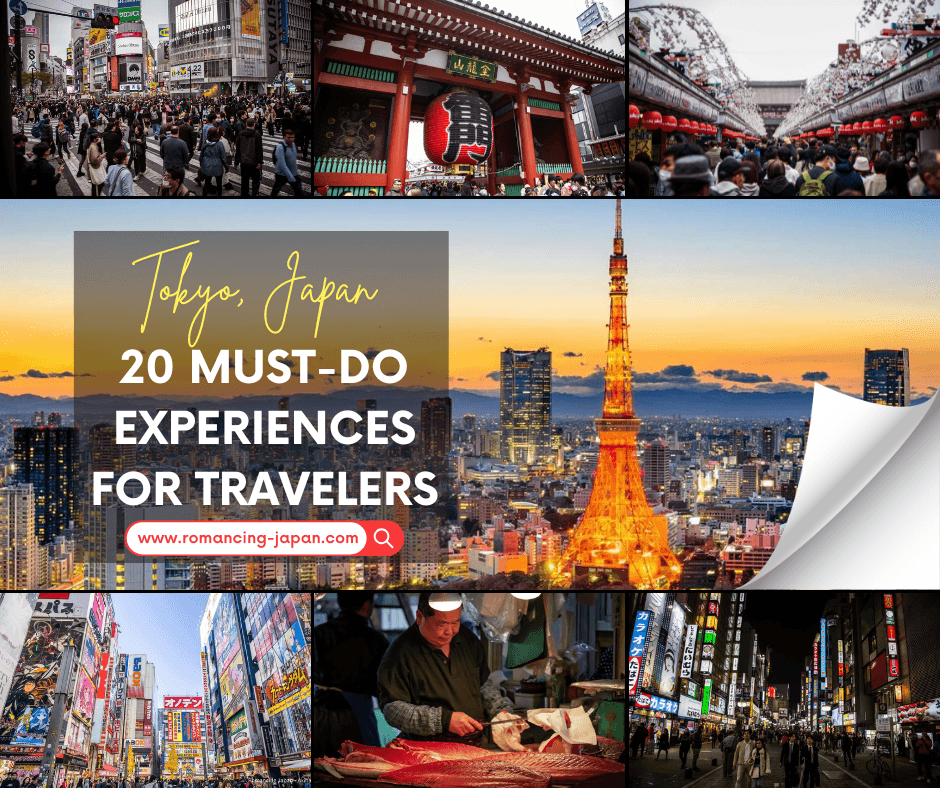
Tokyo Favorites: 20 Must-Do Experiences for Travelers
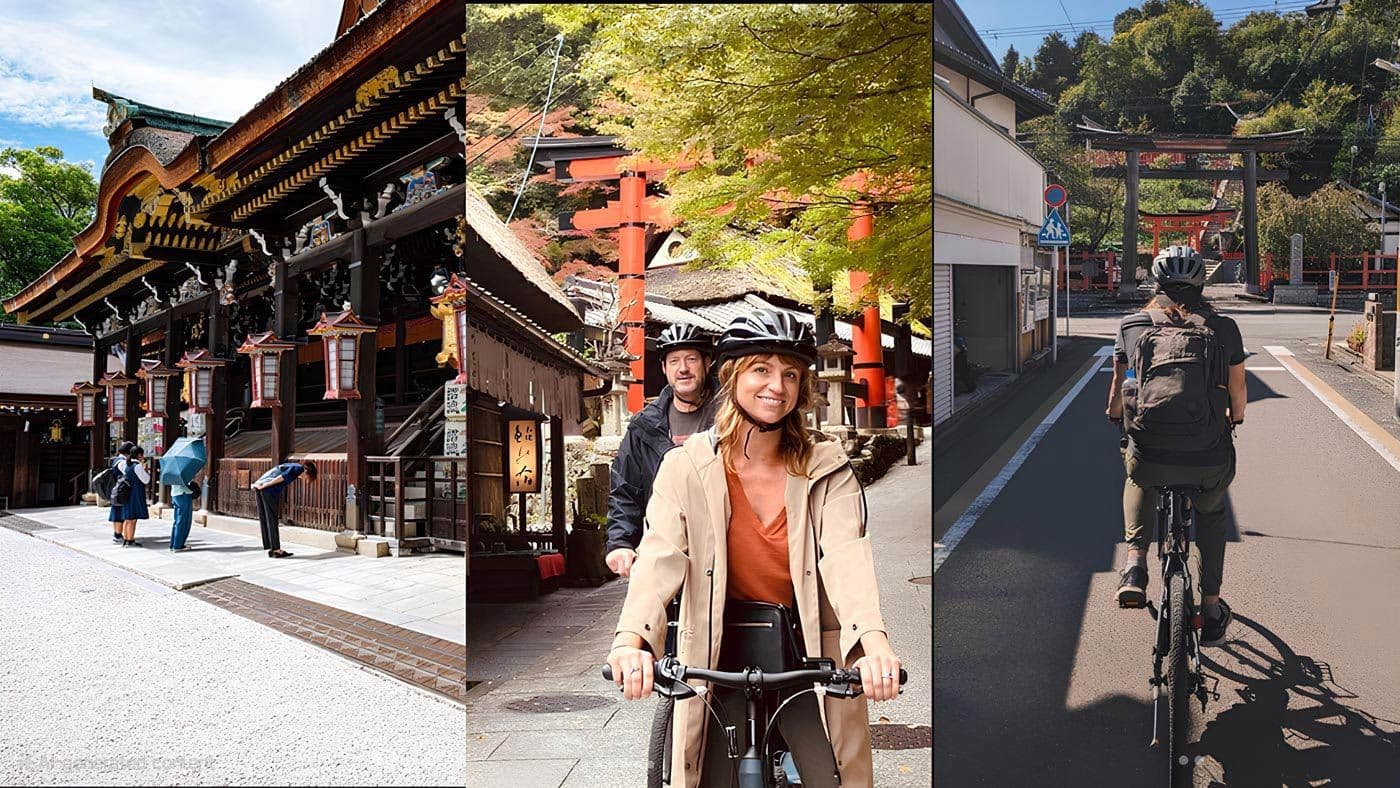
Kyoto Bike Tours: Discover the City’s Hidden Gems with Noru
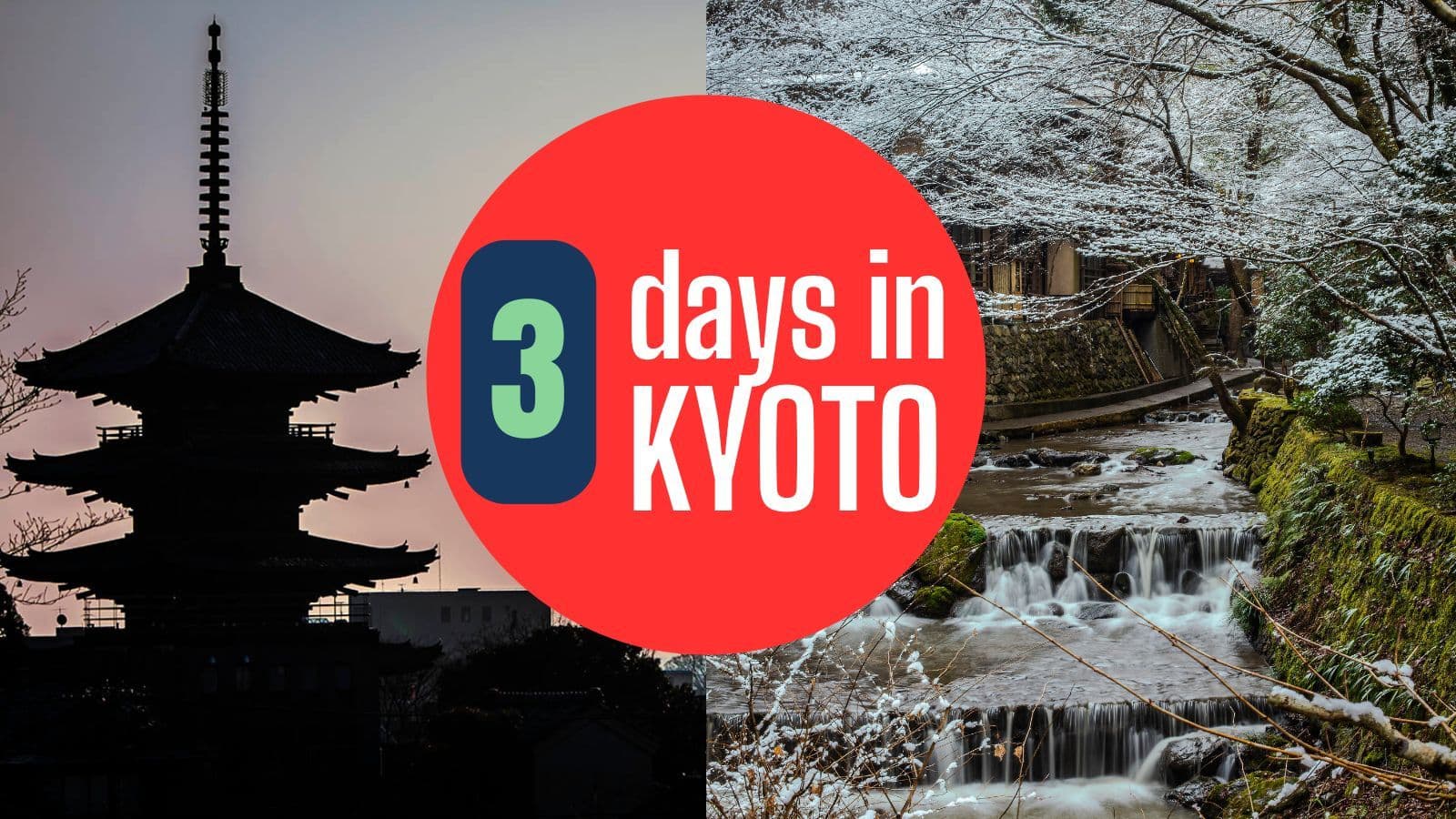
Kyoto 3-Day Itinerary: Best Things to Do for First-Time Visitors

Universal Studios Japan Tickets: Your Guide to Visiting USJ
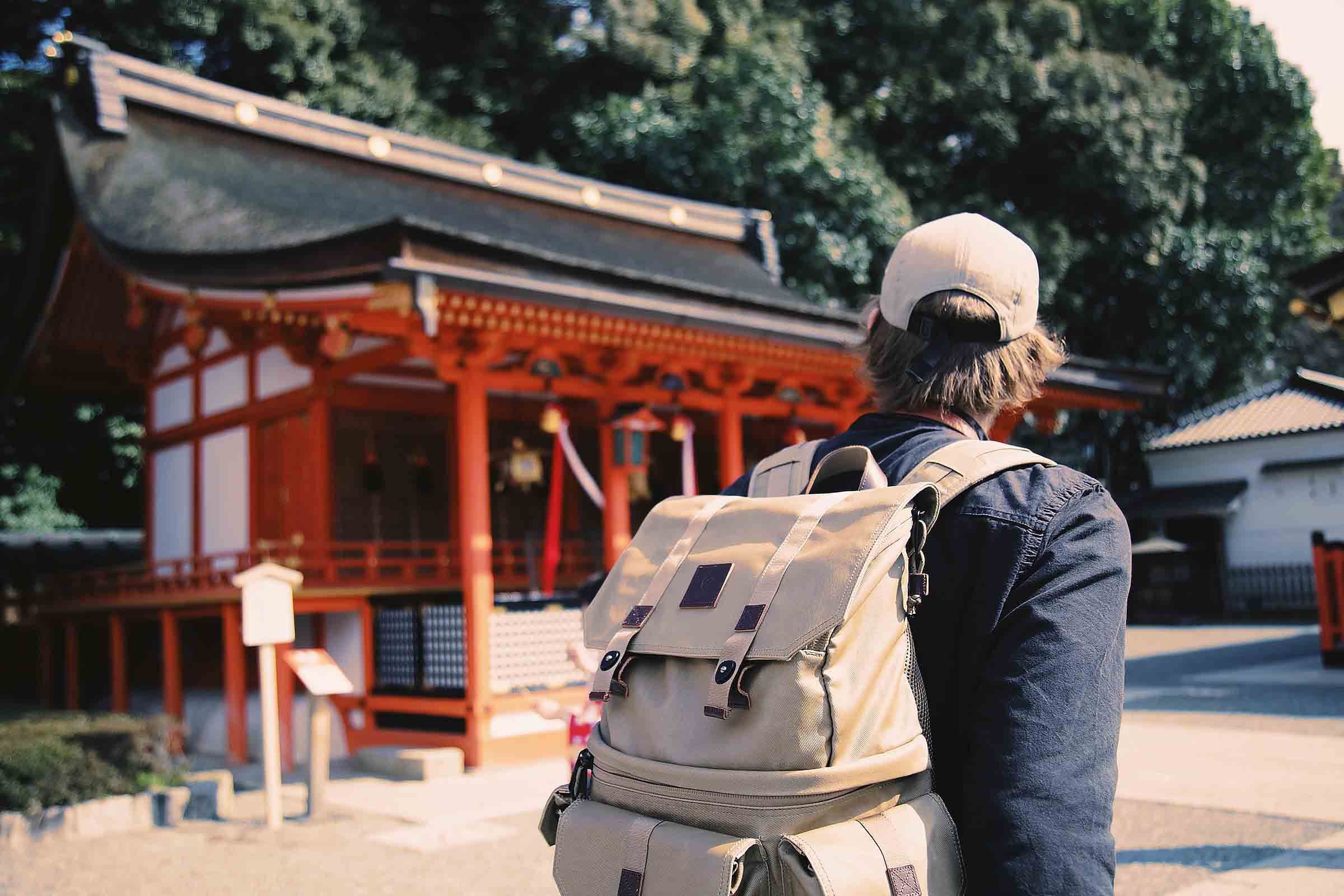
Find Out What Japan Really Thinks of Foreign Tourists
